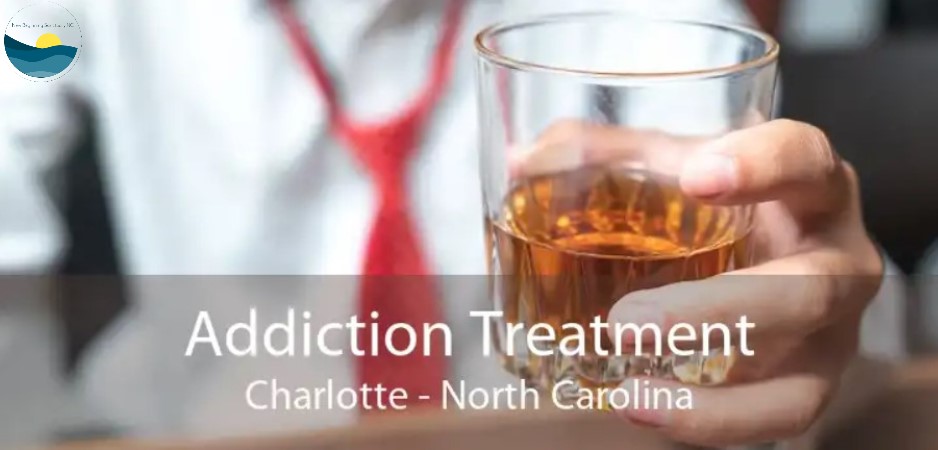What Do You Achieve In Drug And Alcohol Rehab?
The best drug and alcohol rehab programs design treatment around each person’s recovery needs. Determining which treatment programs are right for them will mostly depend on the severity of a patient’s disorder and what could be achieved in rehab.
Detoxification and Withdrawal With Professional Support
Proceeding through detox and withdrawal symptoms can be undesirable, particularly for patients who have been misusing drugs for an extended time. Because of this, numerous people with substance use disorders try to evade detoxing for as long as possible.
Withdrawal signs differ based on the misused drug. The withdrawal symptoms include diarrhea, body aches, vomiting, fever, high blood pressure, depression, anxiety, and fatigue. Generally, trying to detox without medical aid is risky and not recommended. Some withdrawal signs can be deadly if not treated. In North Carolina Transitional Housing, patients will have constant access to medical aid and be provided with drugs and other forms of care to ease their detoxification experience.
Higher Rate of Detox Success
After a person goes to a rehab appointment, it is simpler to reach out to old friends and begin old habits again in a moment of weakness. However, coming back home each evening frequently places patients back in the setting where they abused a substance making it more problematic to resist relapsing. For example, a patient of a non profit drug addiction treatment organization in North Carolina does not have access to their substance of choice and would not be around relapse triggers all the time.
Structured Schedule and Supervision
The drug rehab programs provide extremely little free time to patients. Their structured plan prevents patients from fixating on the substances of choice; they are very busy. Overall, this method makes it less plausible for patients to relapse. Professionals running drug and alcohol rehab programs also have access to patients’ vitals and other components. They can easily specify if someone is not responding to treatment and requires another form of care. A patient’s customized treatment program can easily be altered as their needs evolve.
Aftercare
Aftercare is the care you require after treatment. Treatment centers for alcohol and drug addiction know and understand the significance of aftercare. Aftercare planning starts when the person is at the treatment center. North Carolina transitional housing will prepare the alcohol or drug addict for their transition back home to help them stay sober. Aftercare is important and should be part of any treatment center’s program; it can prevent a relapse, which keeps any alcohol or drug addict from returning to their addiction.






Comments
Post a Comment